I find it a little ironic that this was posted 5 days ago and we haven't talked about it!
It looks as though OA has been busy with some research. I found the study very interesting, although the translation is rather burdensome. I can clearly see OA's hand in it, though! :H
We now have research on high-dose-bac on 60 people over 90 days with interesting results.
I've chosen the ones that struck me initially, but I'd be very interested in going through this point by point.
This is relevant to those of us on a maintenance dose. I would like to see the 1991 study in Neurology that they cite for the safety of high-dose-bac. I couldn't get anything except the abstract which doesn't really say anything. I do take comfort in the fact that it's there!
I don't know much about MS. What is the life expectancy? What are the cognitive ramifications of the disease? I ask because if the life expectancy is already short, and there is cognitive impairment associated with the disease itself, then the affects of long-term, high-dose-bac wouldn't be as much of an issue. I'm sure there are people on the forum who have experience with this disease...
terryk;1102231 wrote: The figures in our published study, which could therefore be fairly representative of larger series of patients, are as follows (three months). Close 90% of patients experienced the effects of suppressors baclofen on the desire to drink. Most have totally stopped drinking, or drink a glass of time time, usually without finishing the glass. However, a number of patients who said the experience clearly Suppressive effects of baclofen on their desire to drink, have been much more difficult to stop drinking, and some do not stop drinking, even if their consumption overall alcohol decreased significantly (decrease of more 50% compared with consumption before baclofen). We have a lot of thought and discussed the case of this group of patients we have termed "demigu?ris . It seems that these patients were unable to stop drinking for three main reasons: motivation inadequate, a concomitant psychiatric disorder and intolerance to side effects of baclofen.
There the actual numbers end. We're left with "most" stopped drinking, "a number of" them found it difficult to stop, and "some" do not stop drinking. In a study of only 60 people, well, it's hard to disseminate how many 'most', 'a number of' and 'some' actually are.
It would also be very interesting to see the breakdown of how many were "unmotivated", how many had other disorders, and how many had SEs that were just too great to overcome. (The 'unmotivated' category makes me smirk. How many people get into a study for a drug used off label and are unmotivated to see the promised result? I'm sure they exist, but, hmmm...)
There is also no mention of selection criteria, or did I miss it? With one profound exception: They allowed people in the study that had other psychiatric diagnoses. (depression and bipolar, for instance.) Most of the studies I've read (not many) wouldn't allow for people with other life-altering medical diagnoses.
Also, I would think that they chose people that didn't have high blood pressure, for instance. It would be interesting to know what they excluded and what they allowed. (smoking? cocaine use? etc...)
The willingness to change behavior and habits and in many cases (mine at least) one's very life has to be pretty profound in order to find sobriety. In my case, though, that willingness was never enough before baclofen.
These are just a few of my thoughts. Anyone else?
(Topic at hand, please.)
:goodjob: and thanks, Terry.


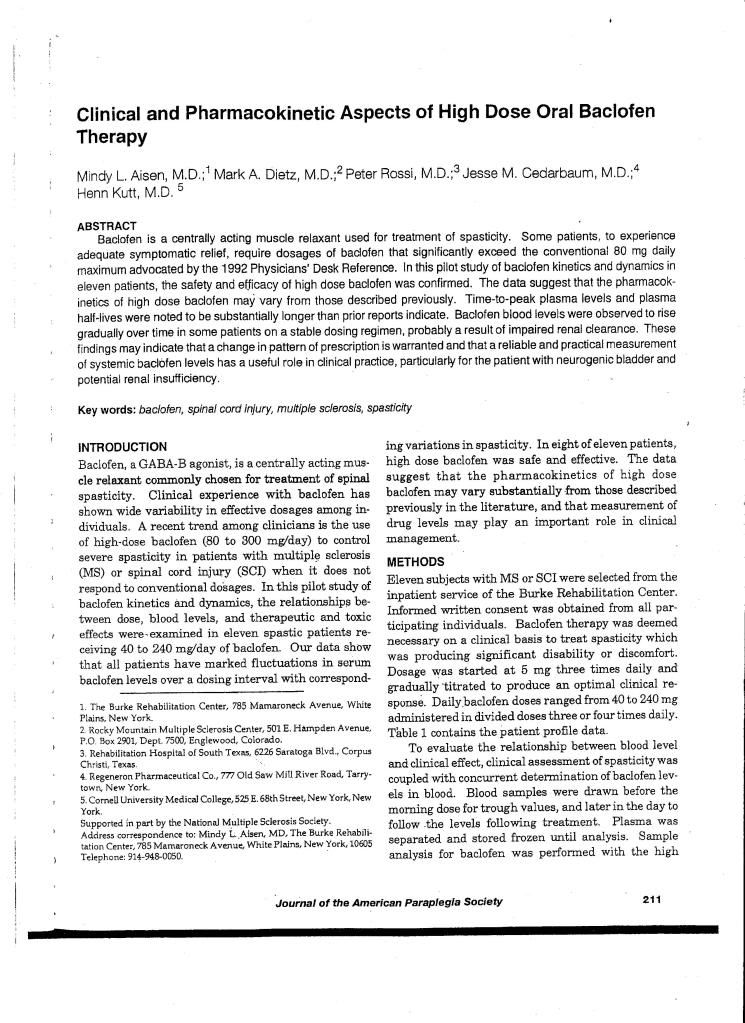
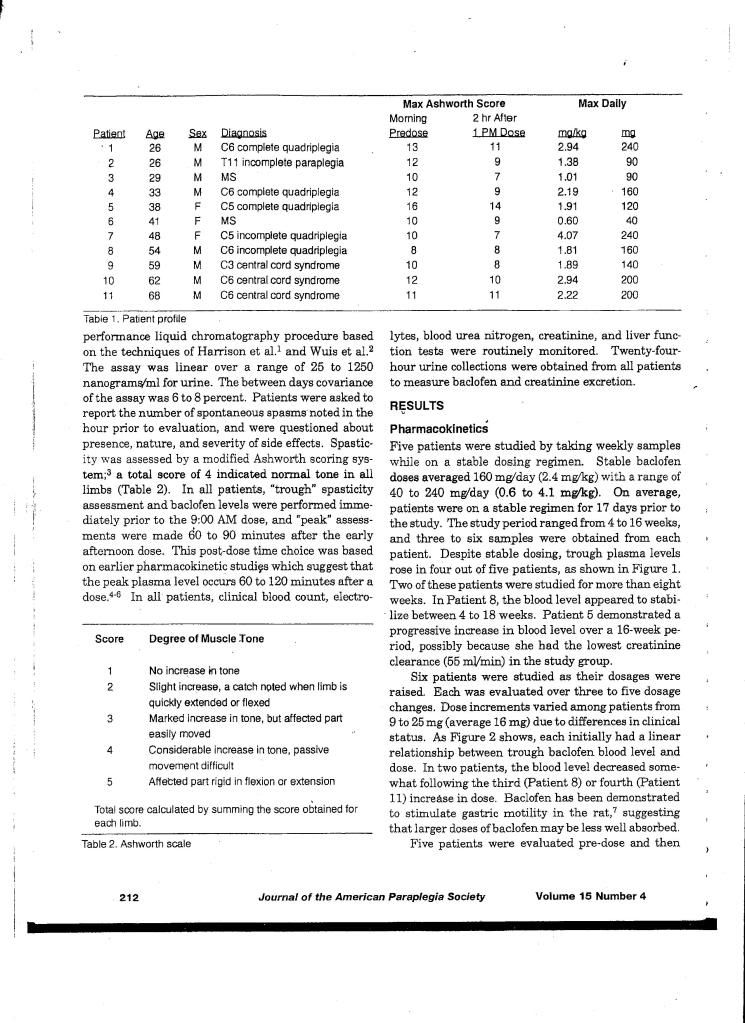
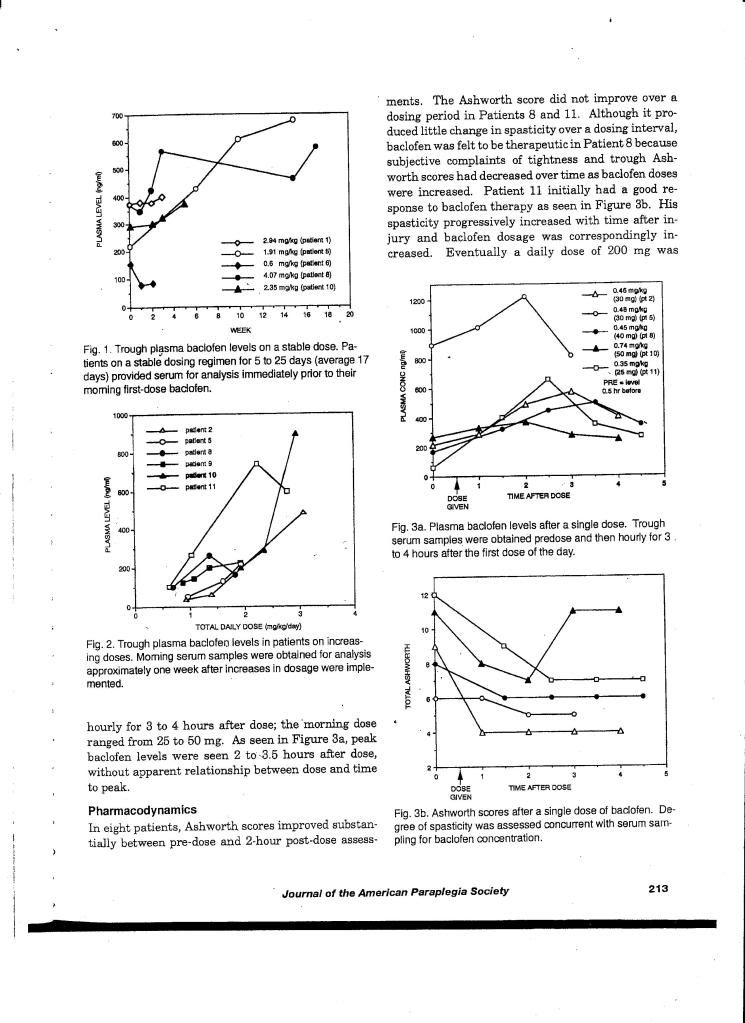
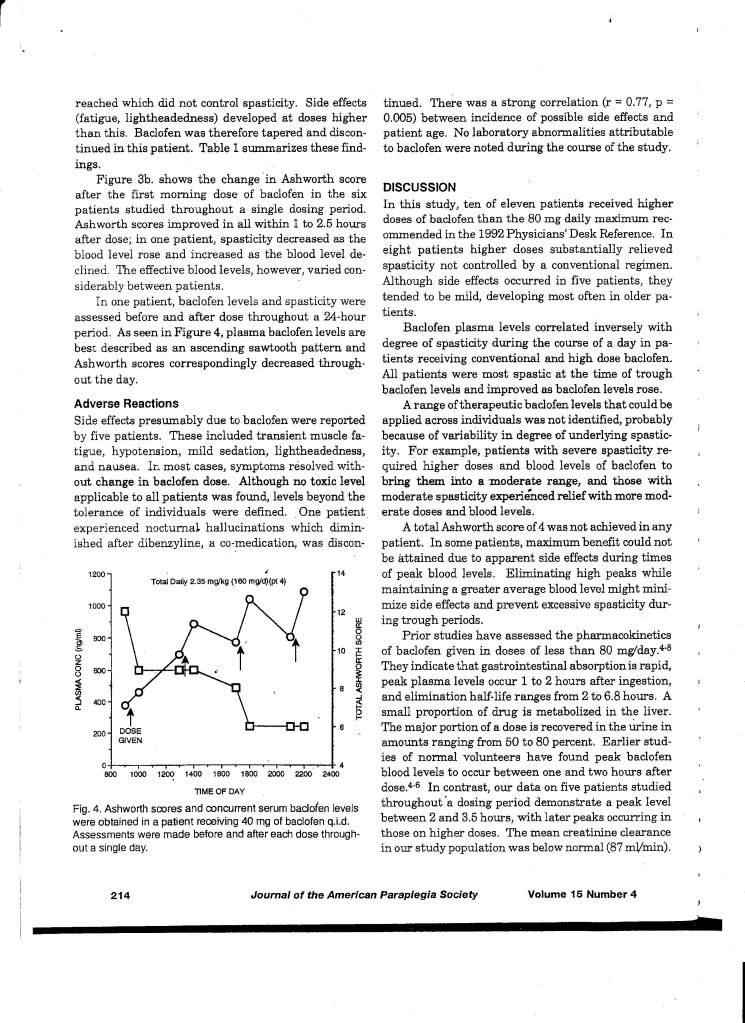
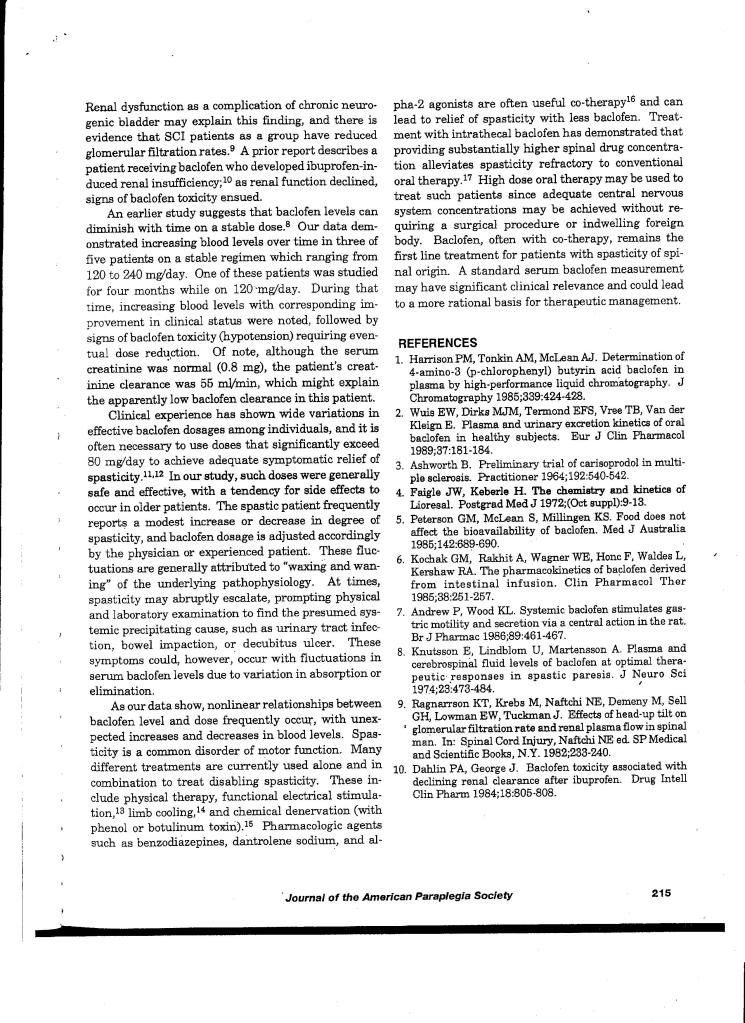
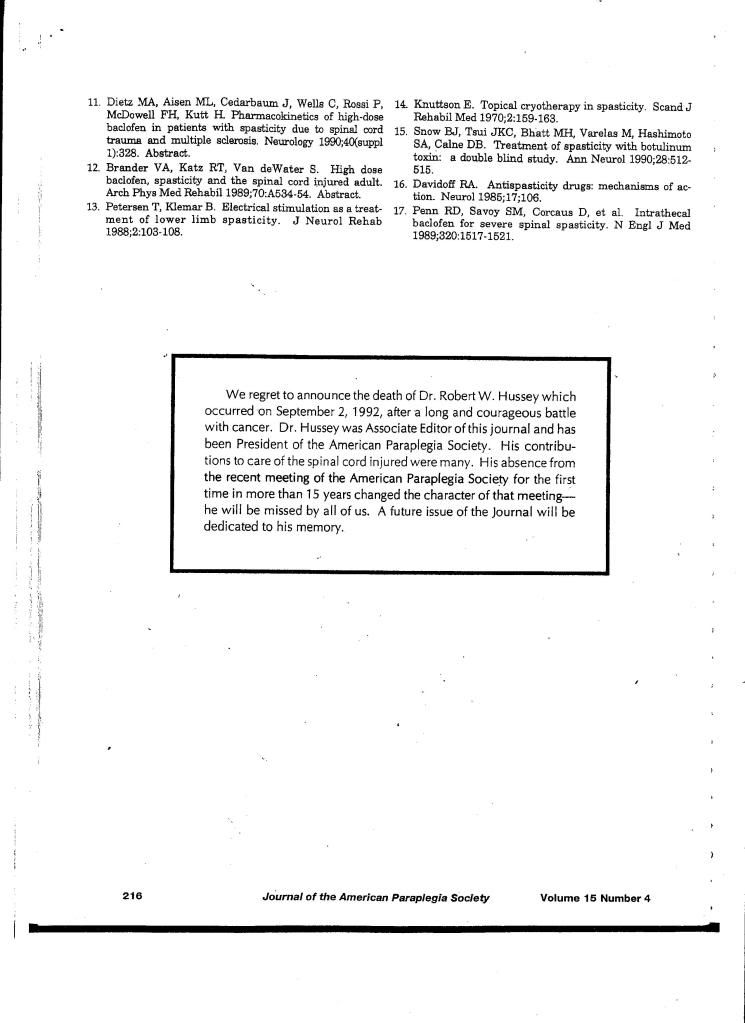
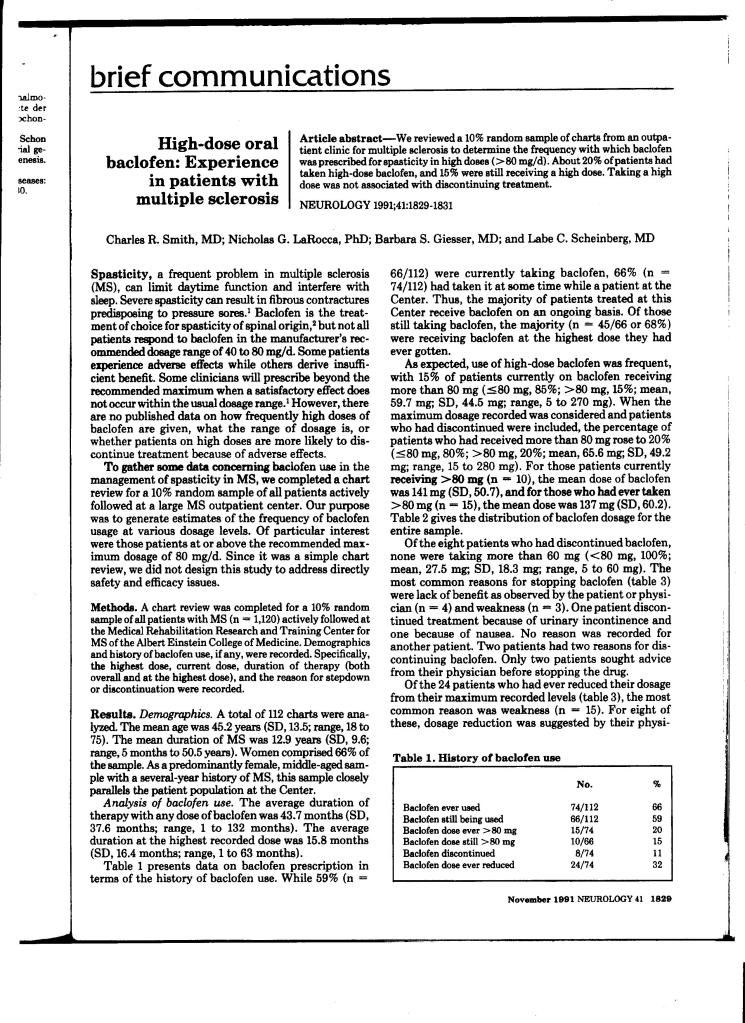
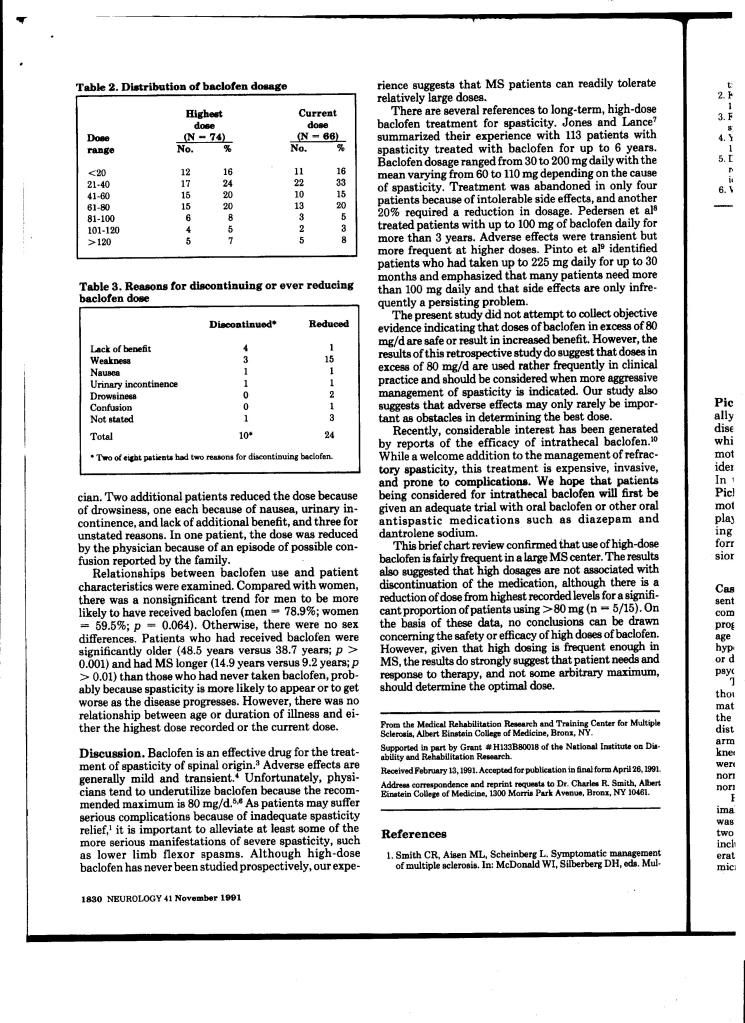
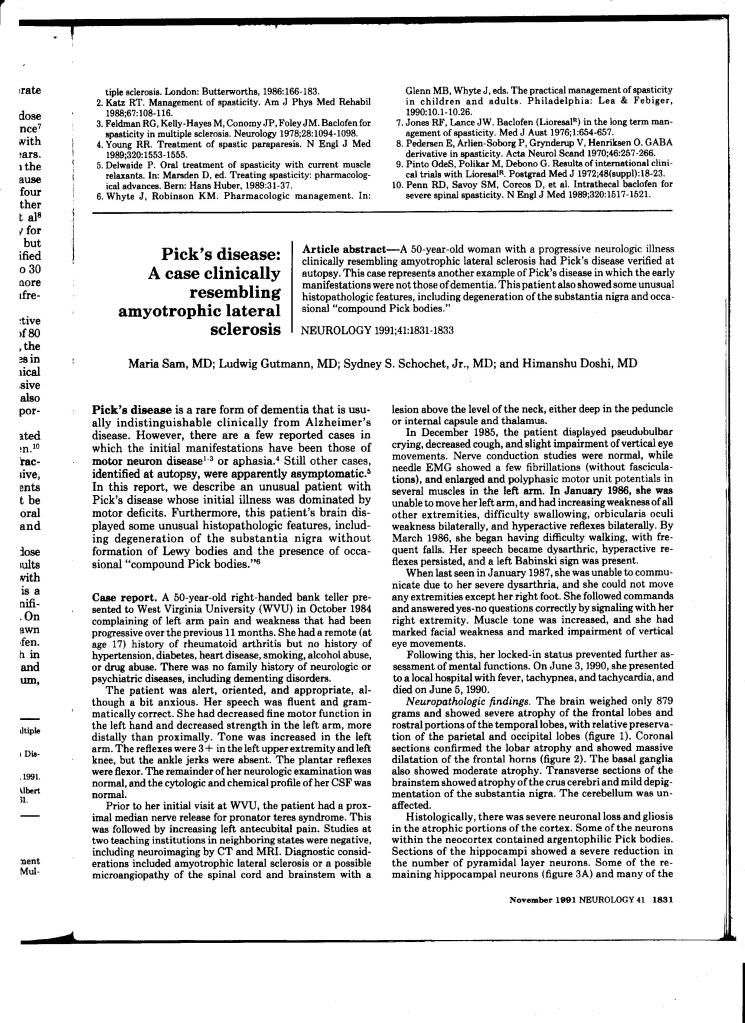

Comment